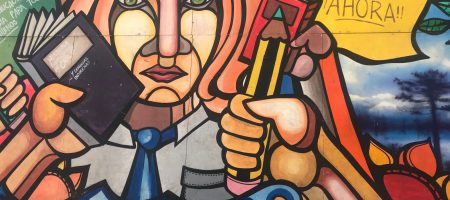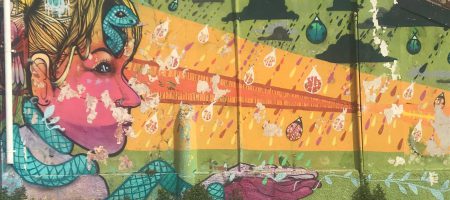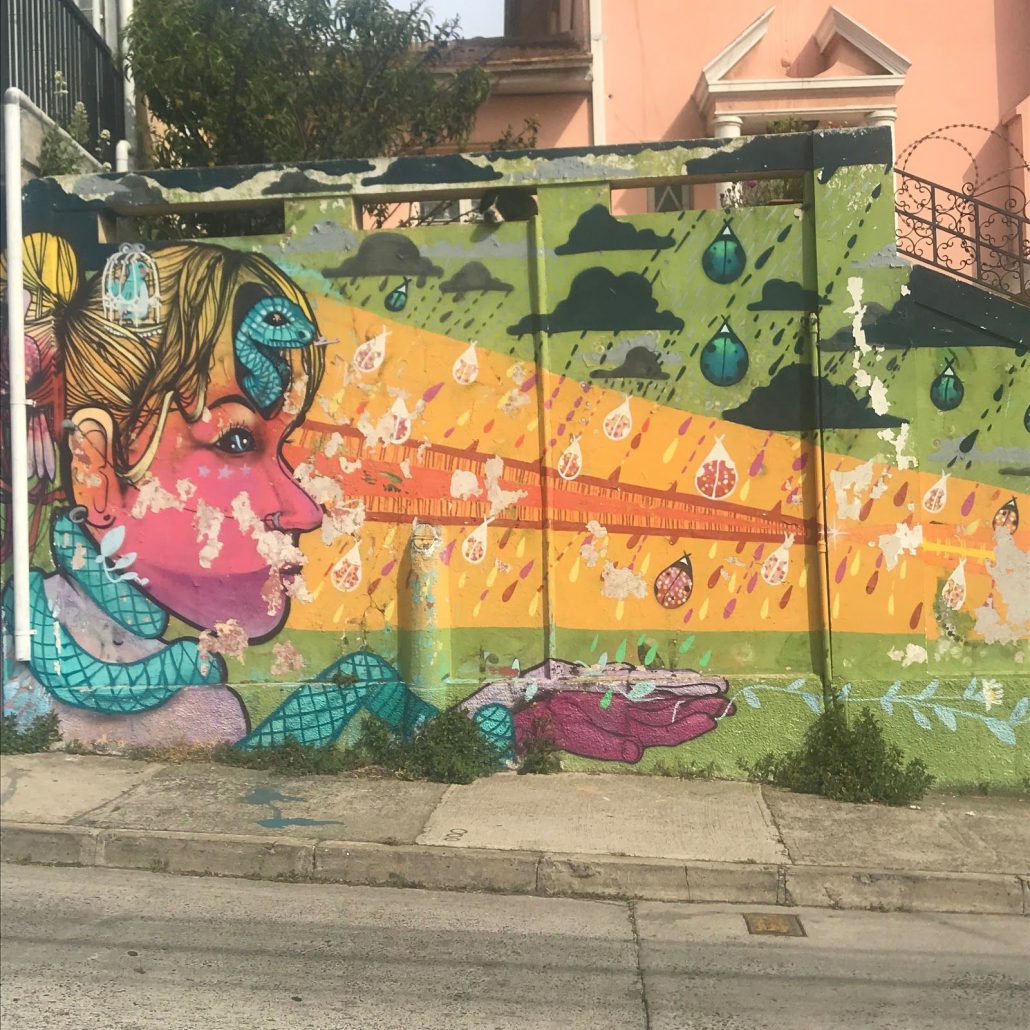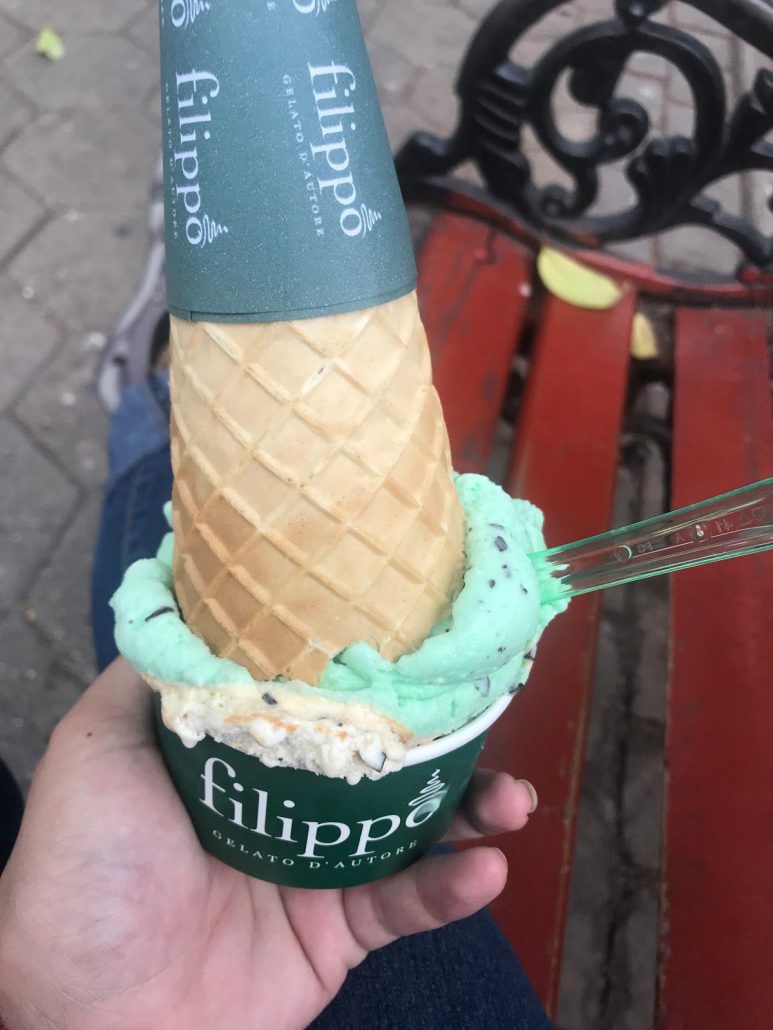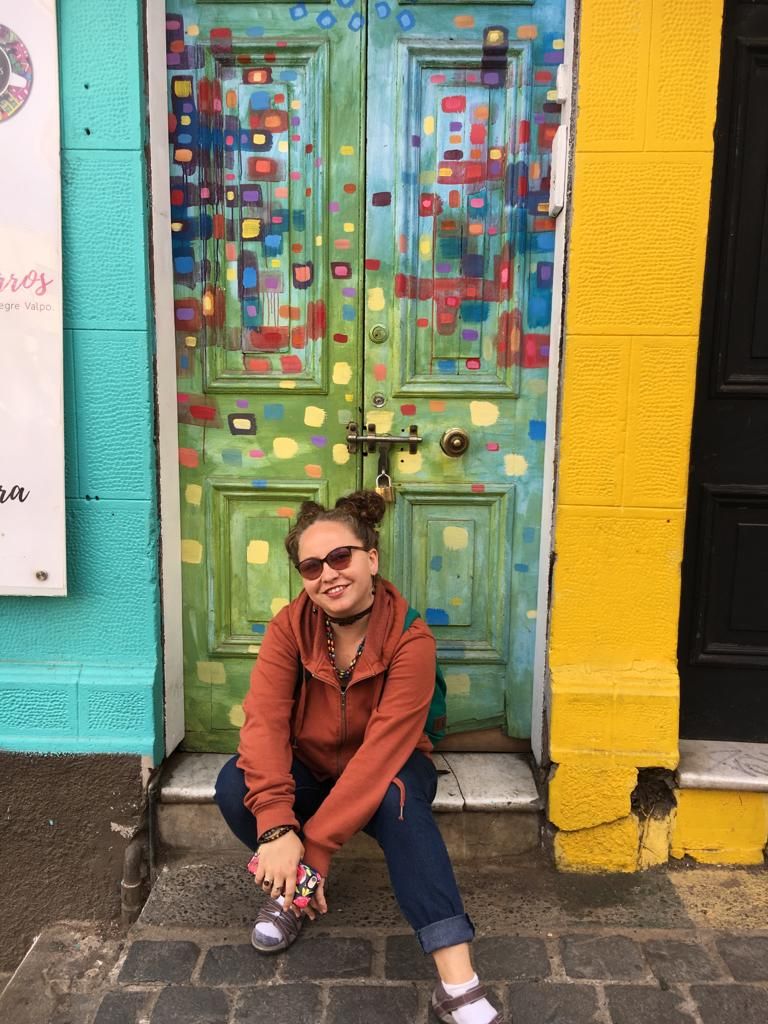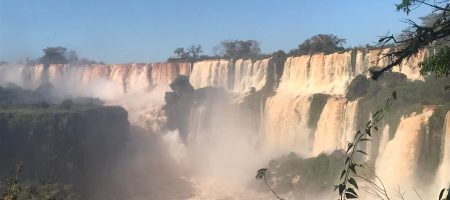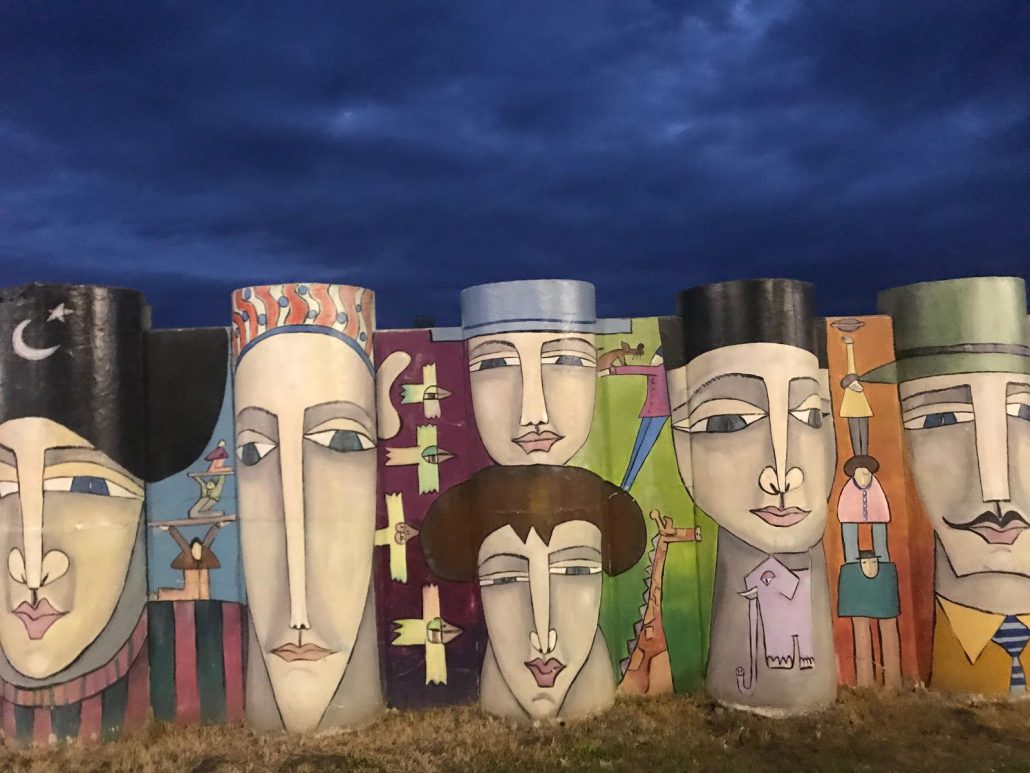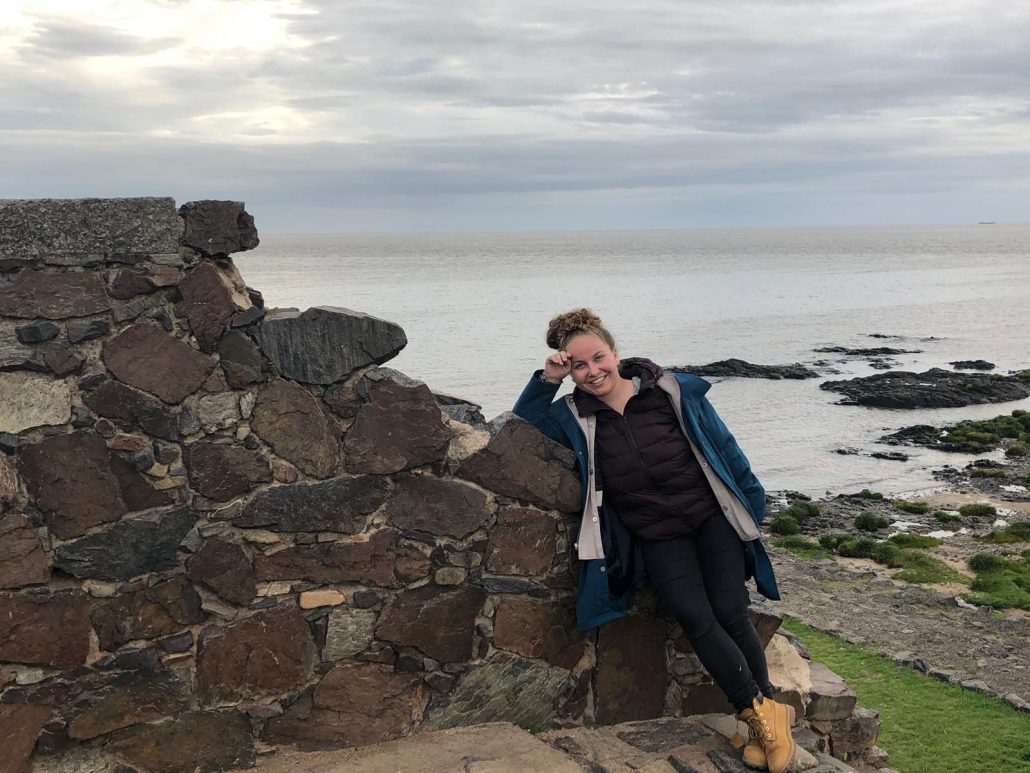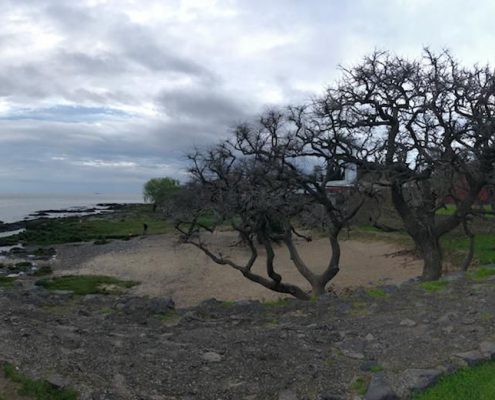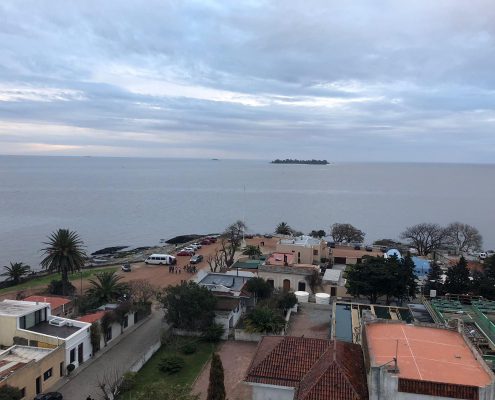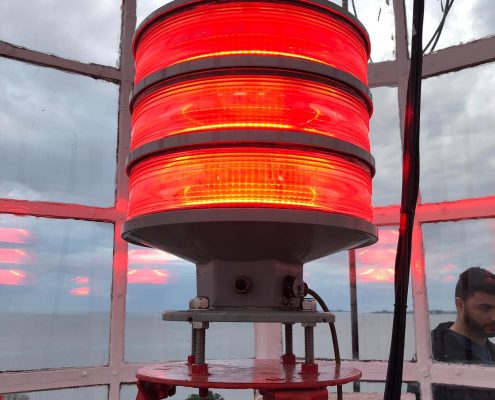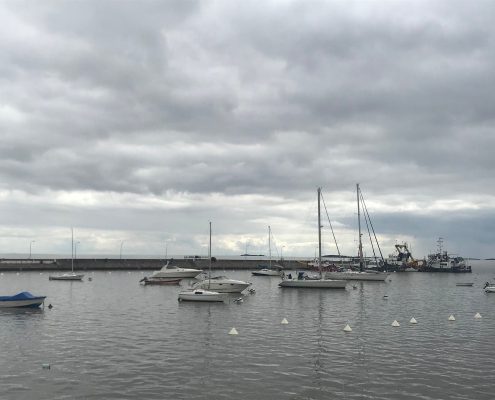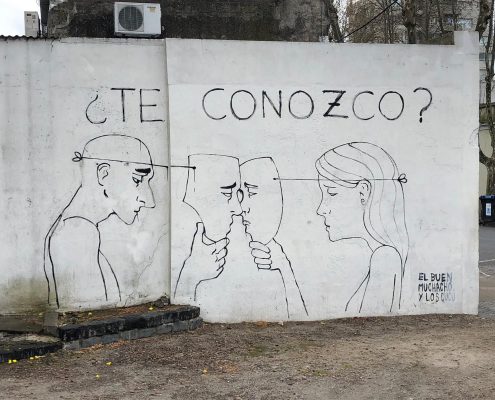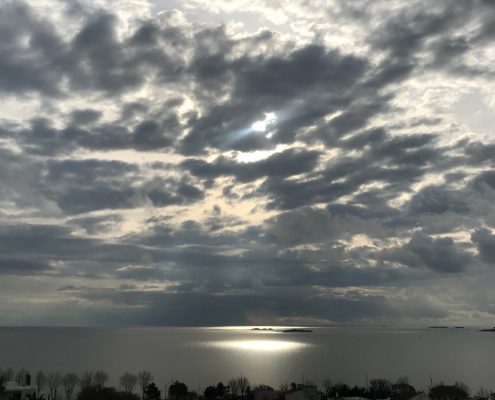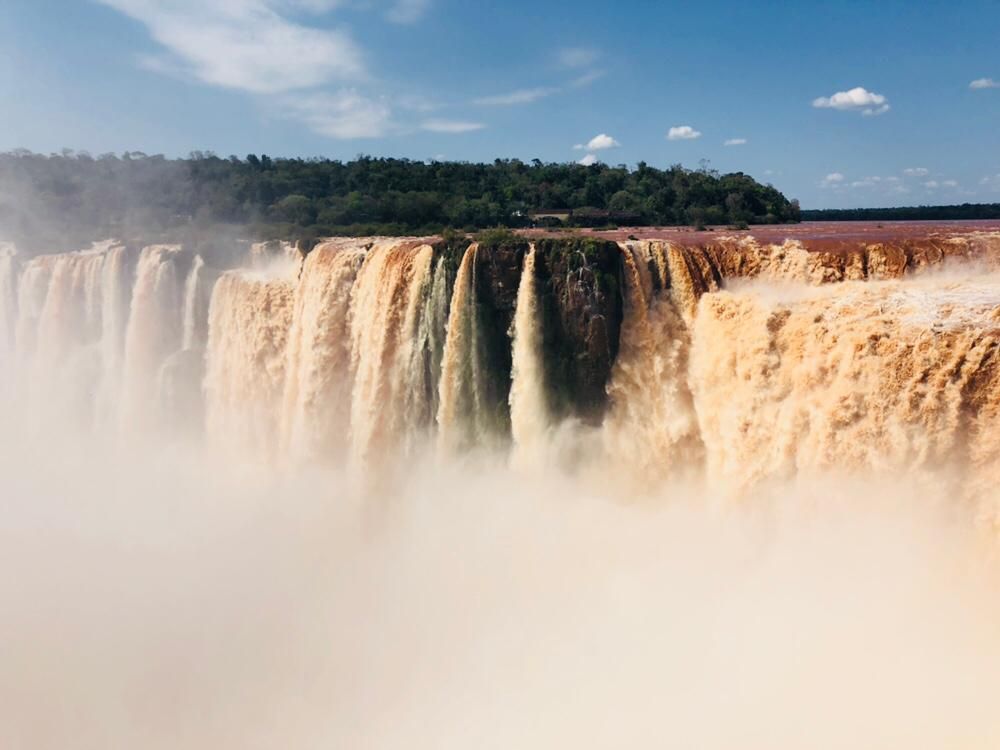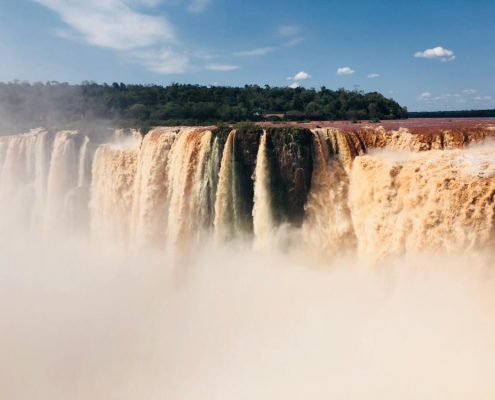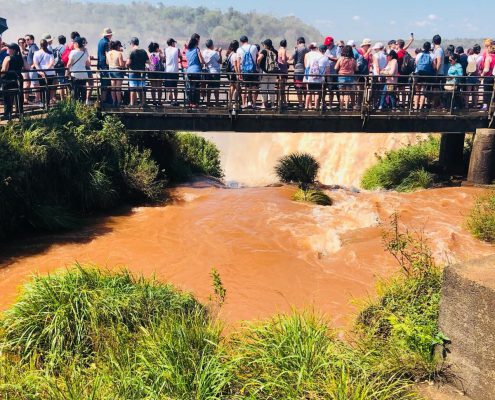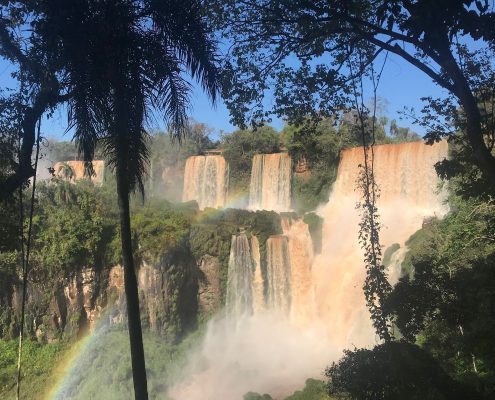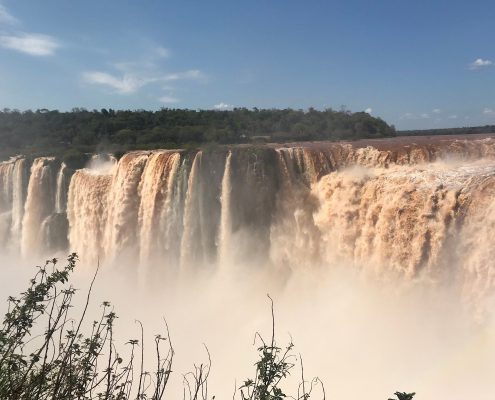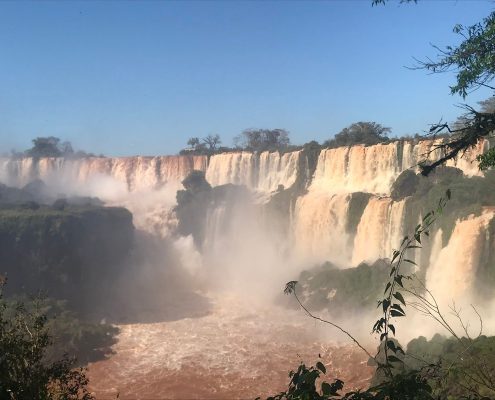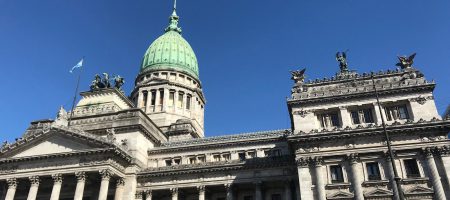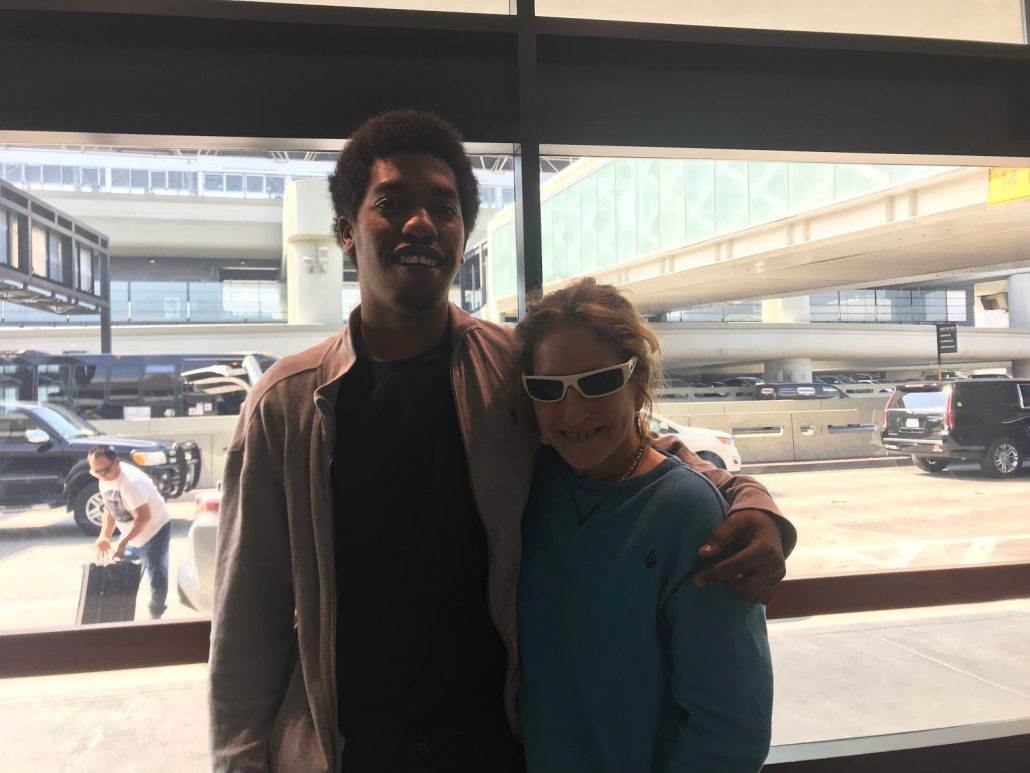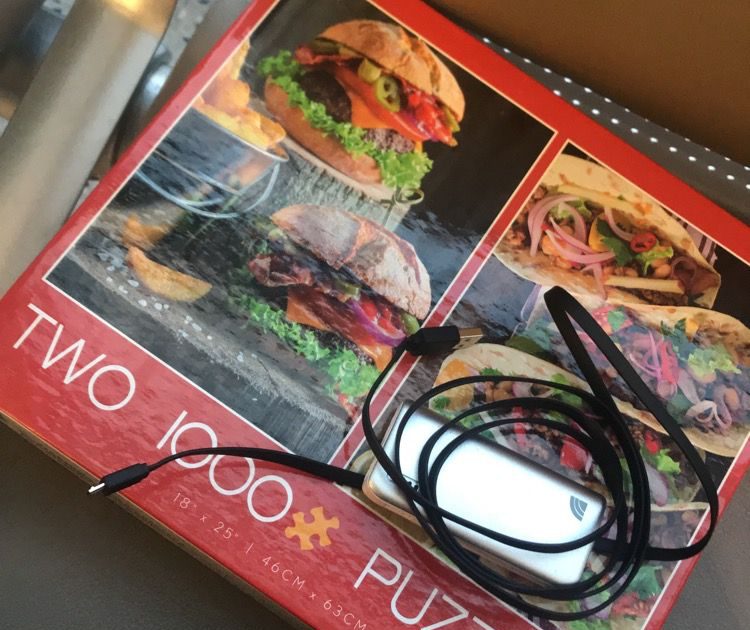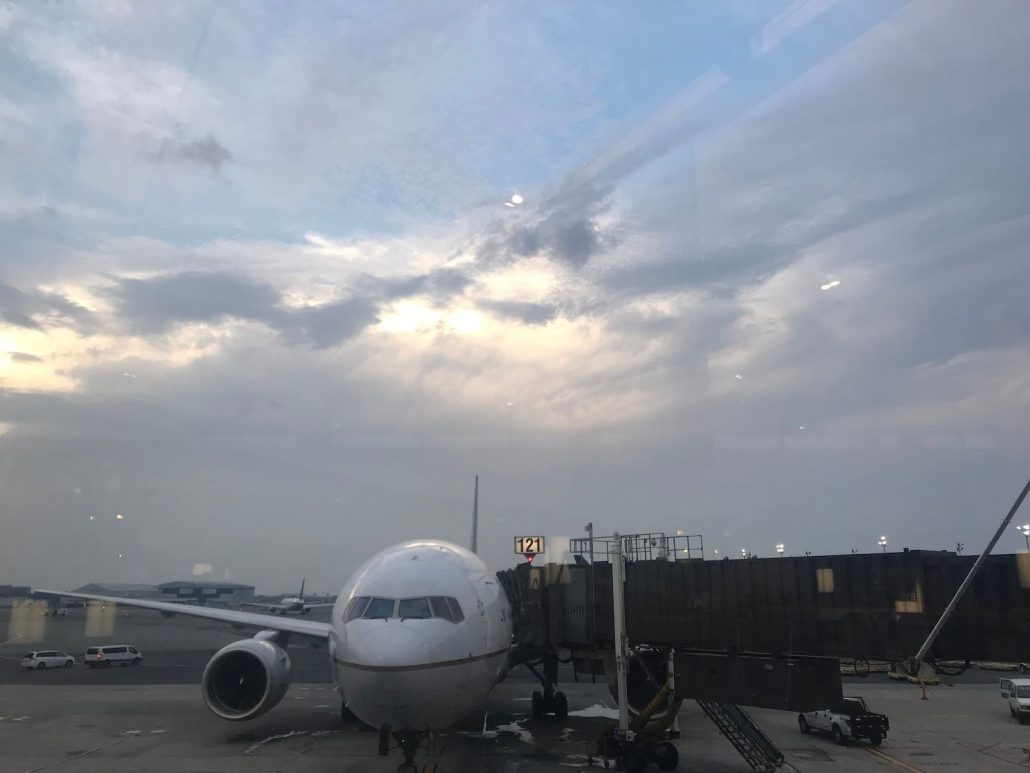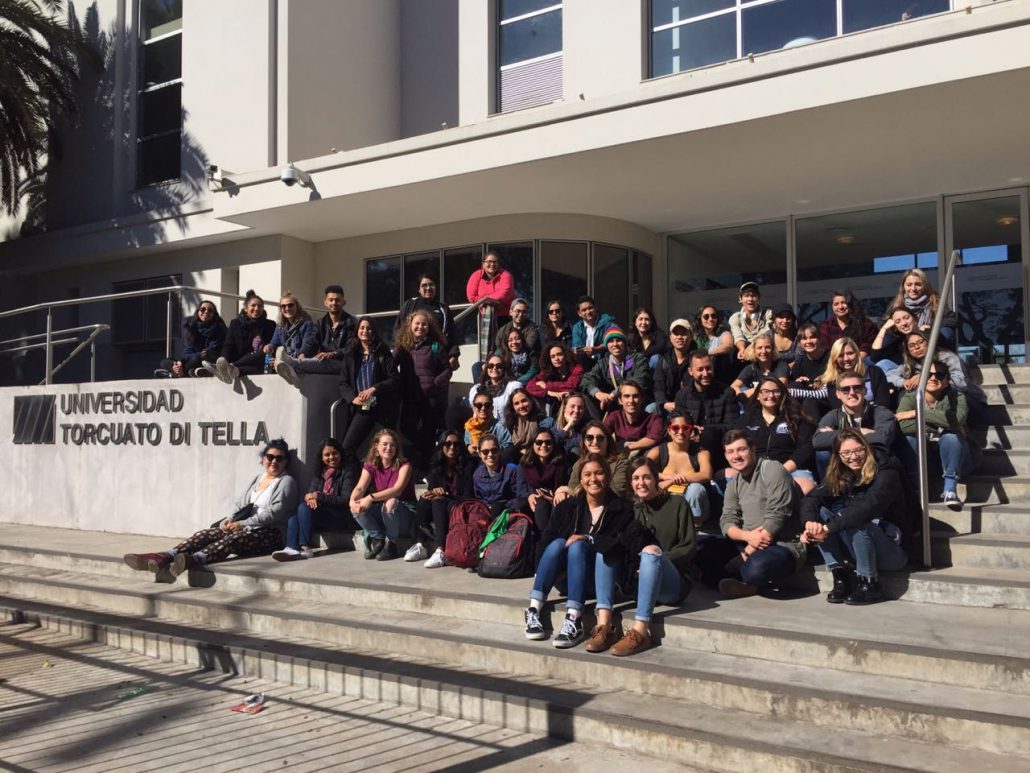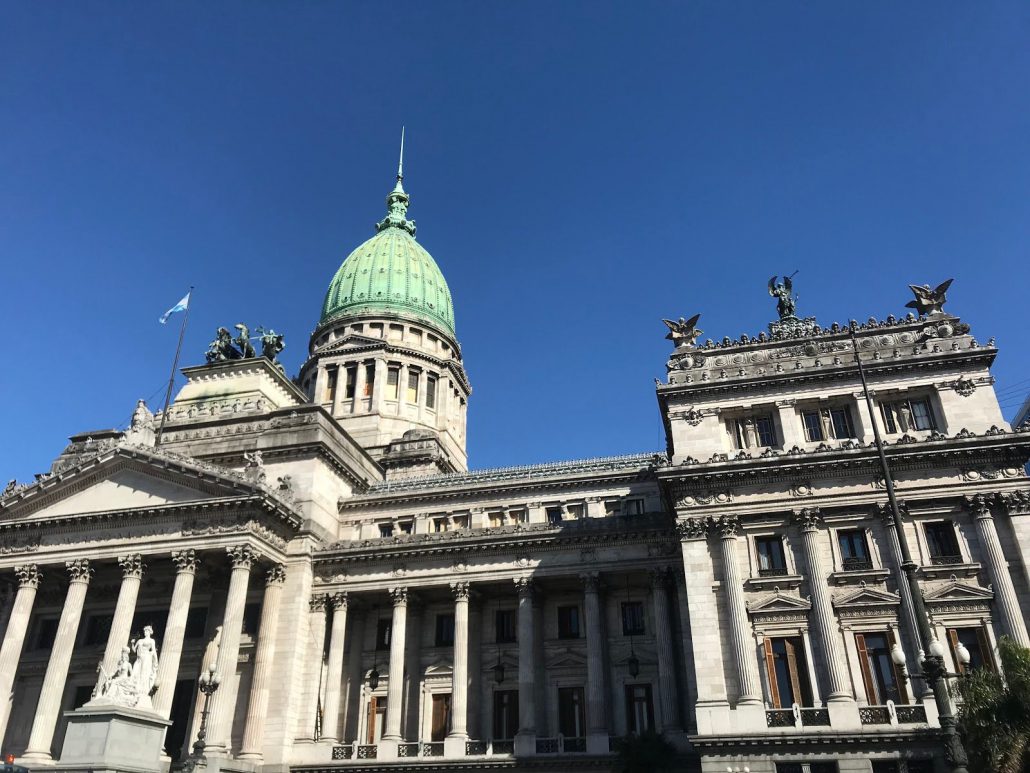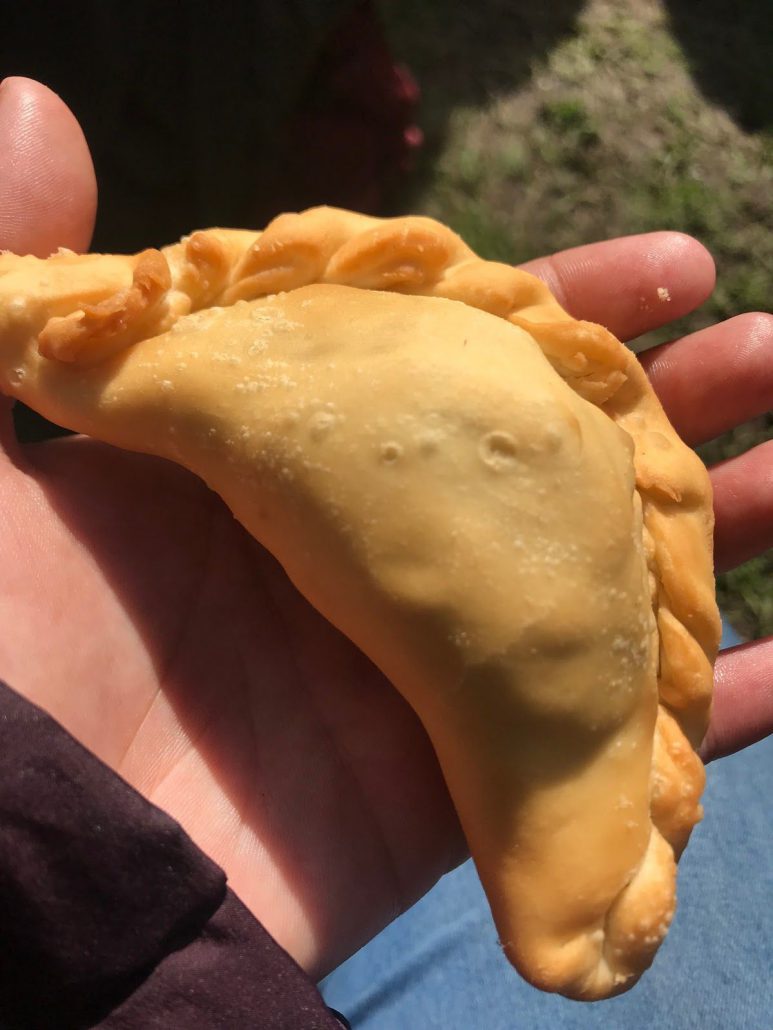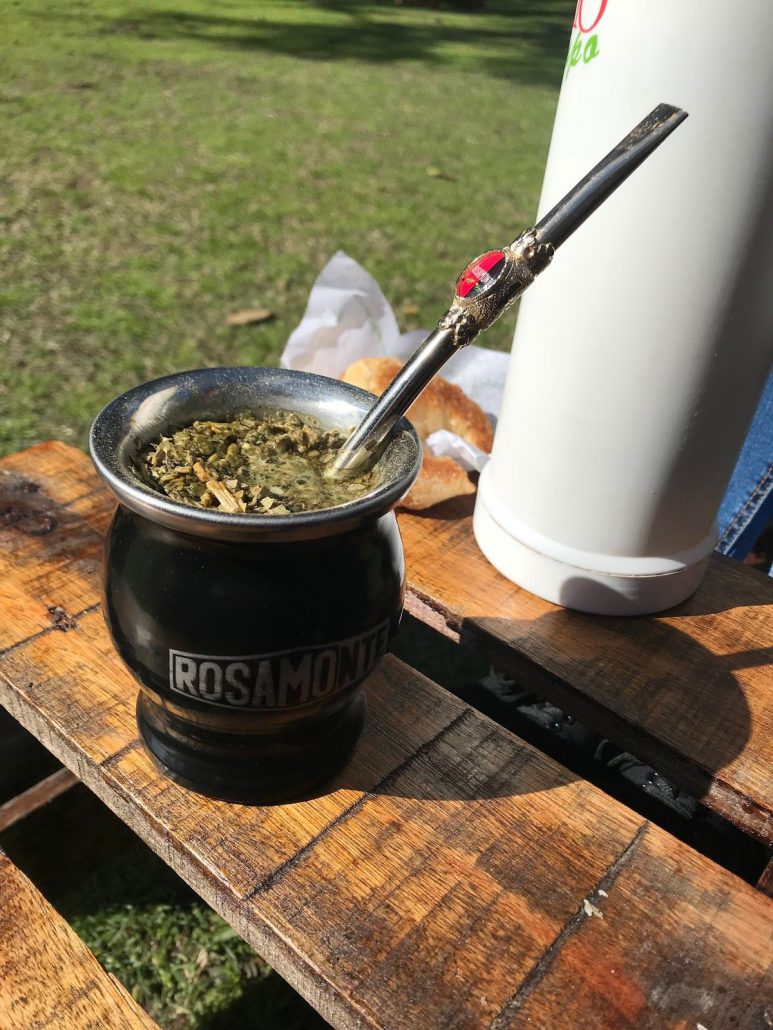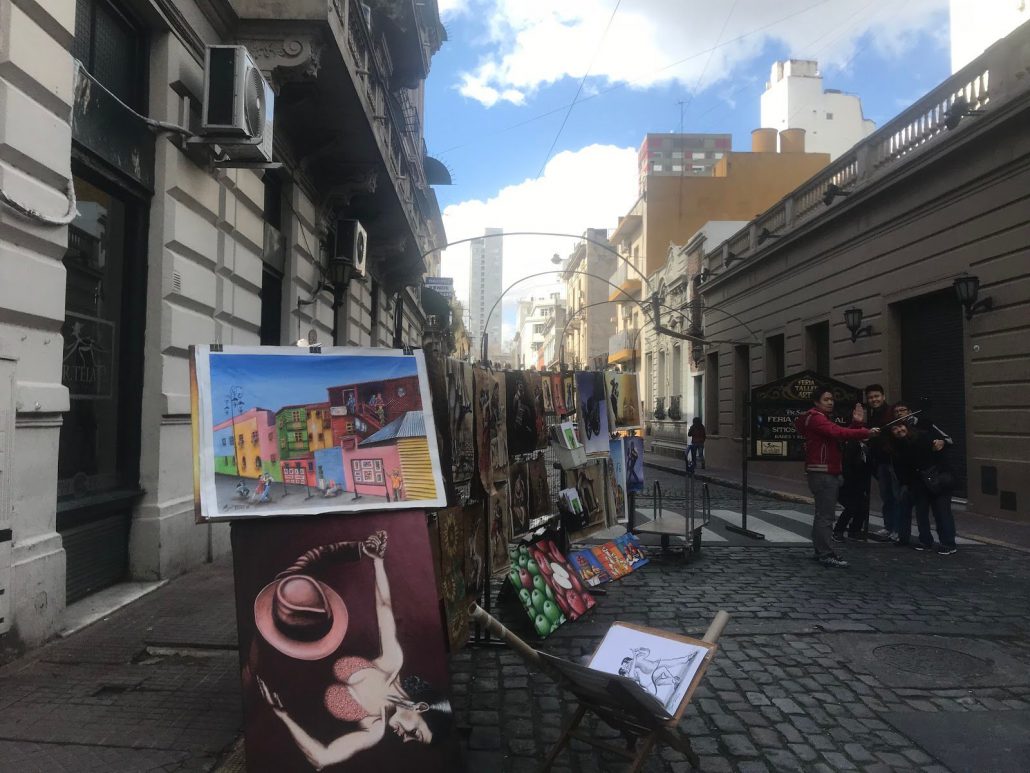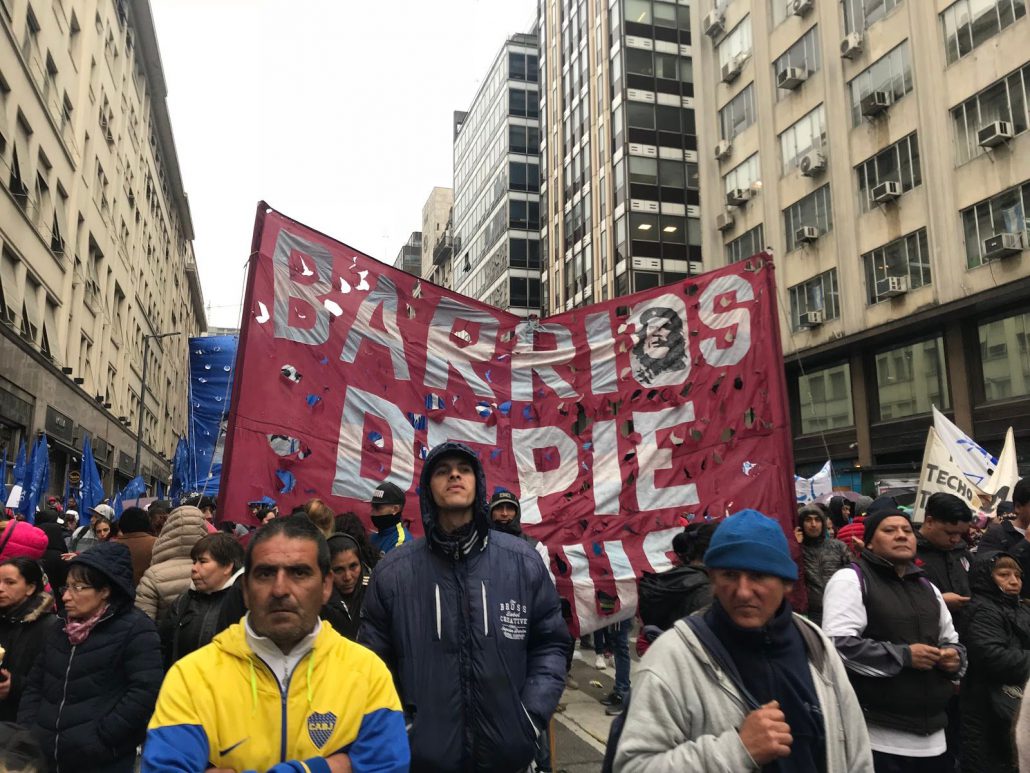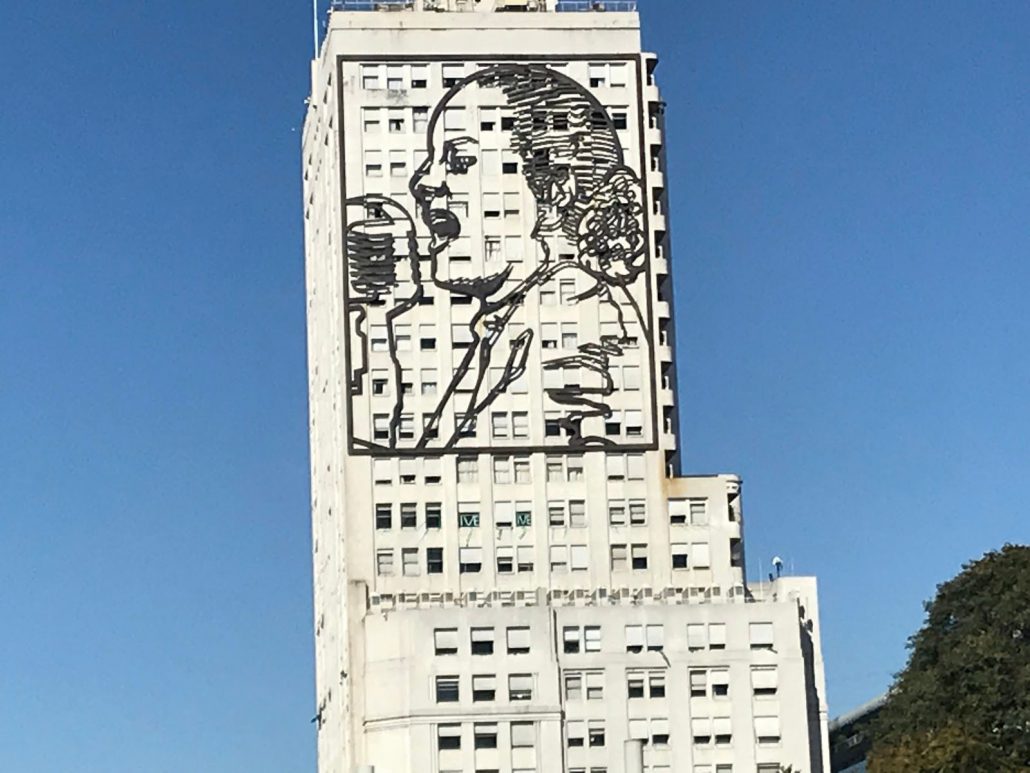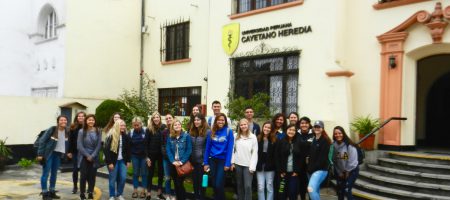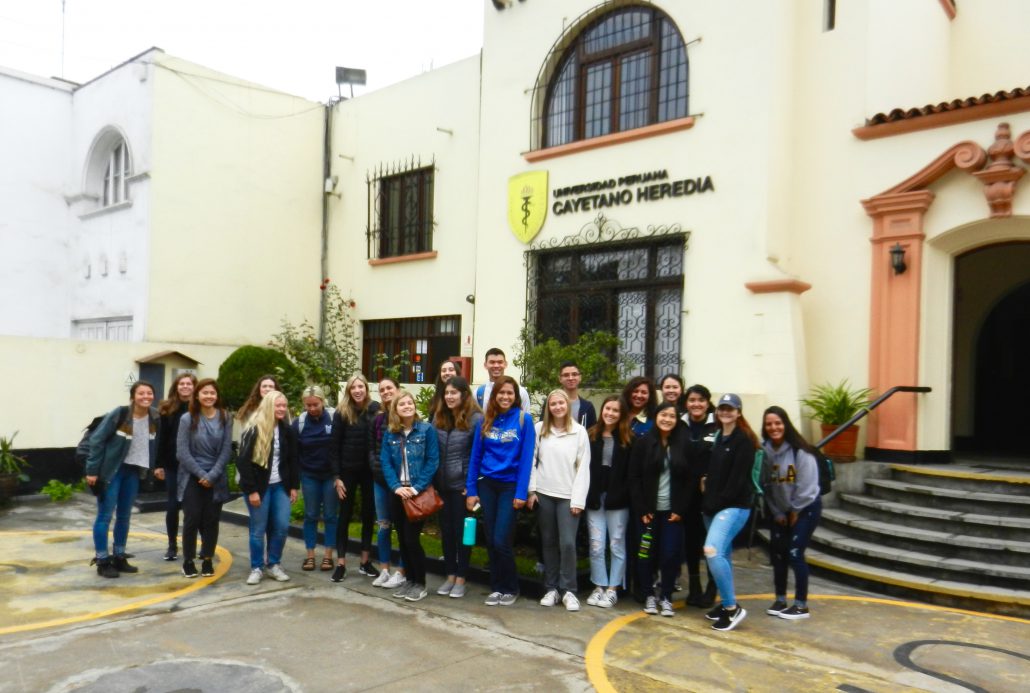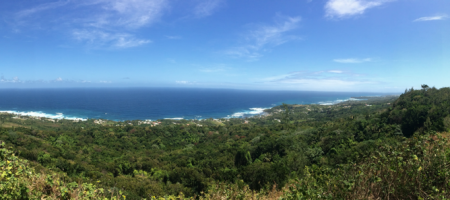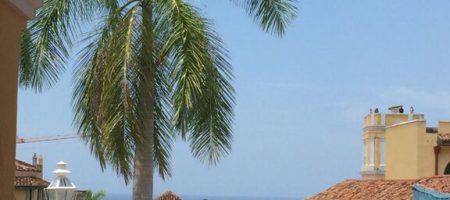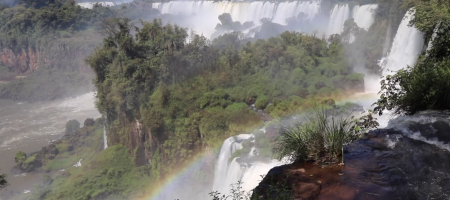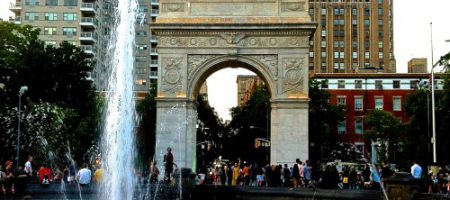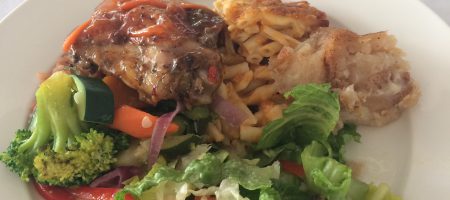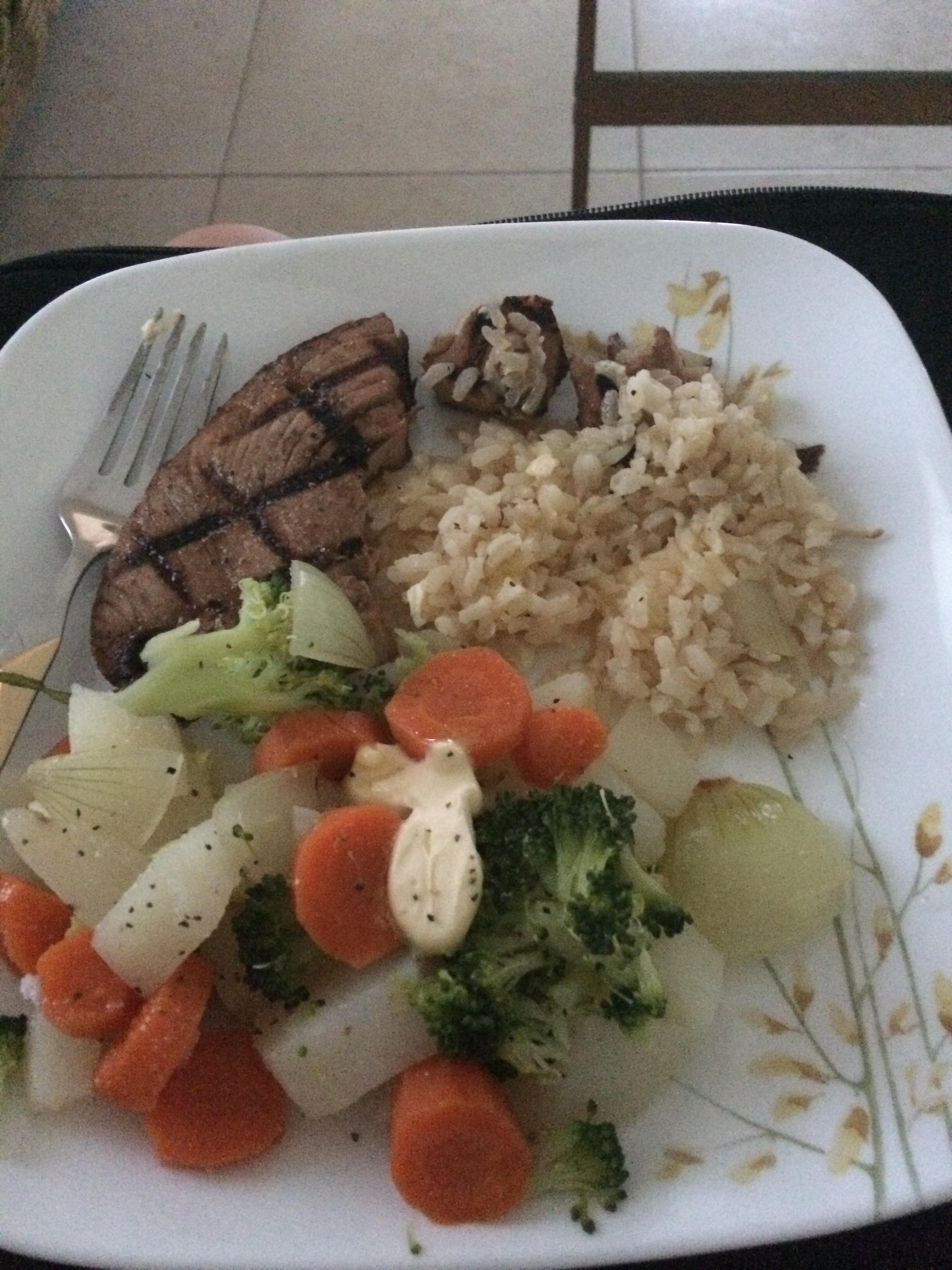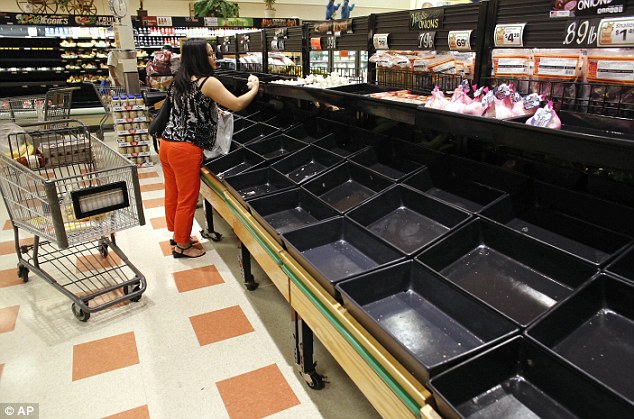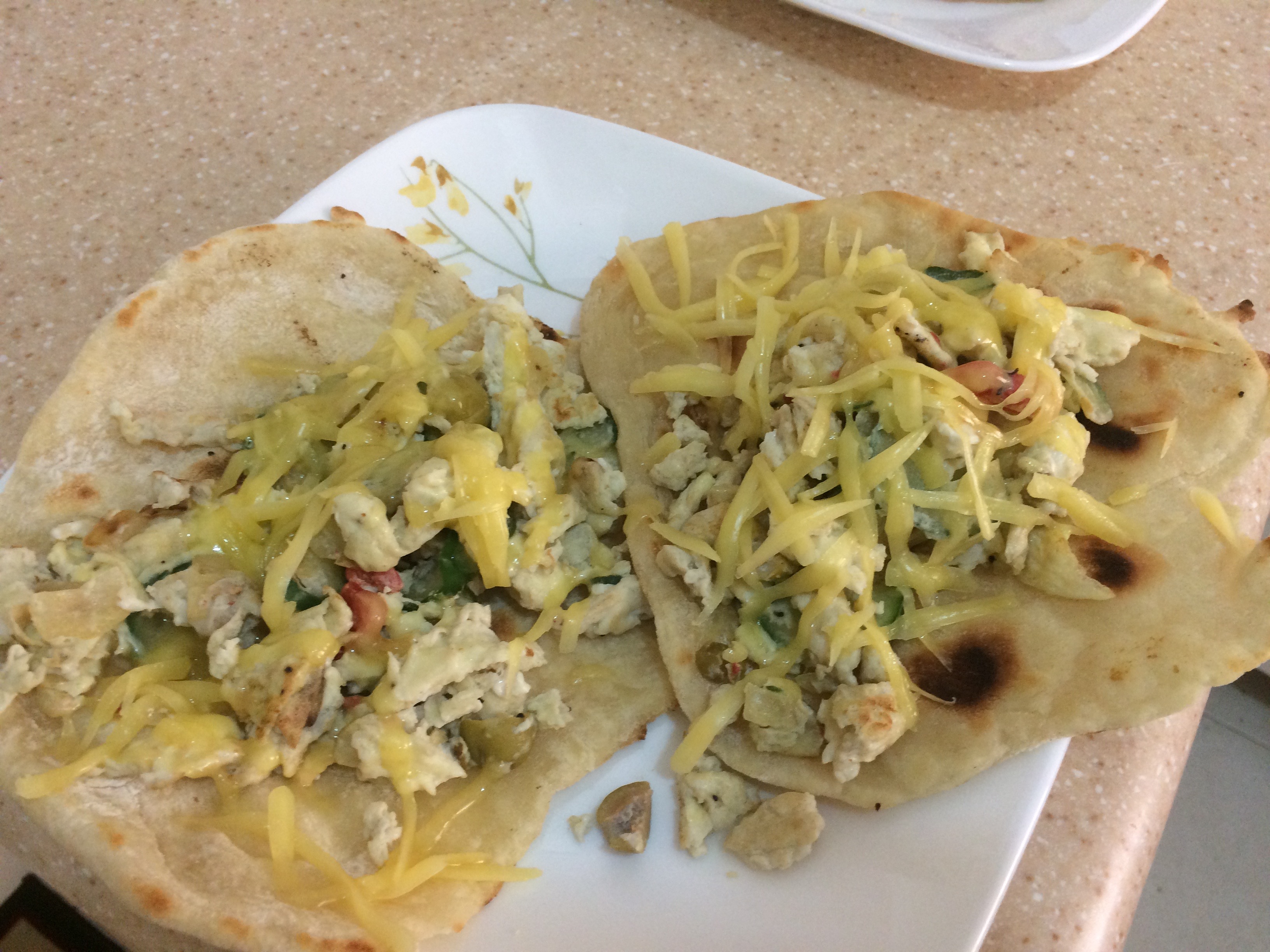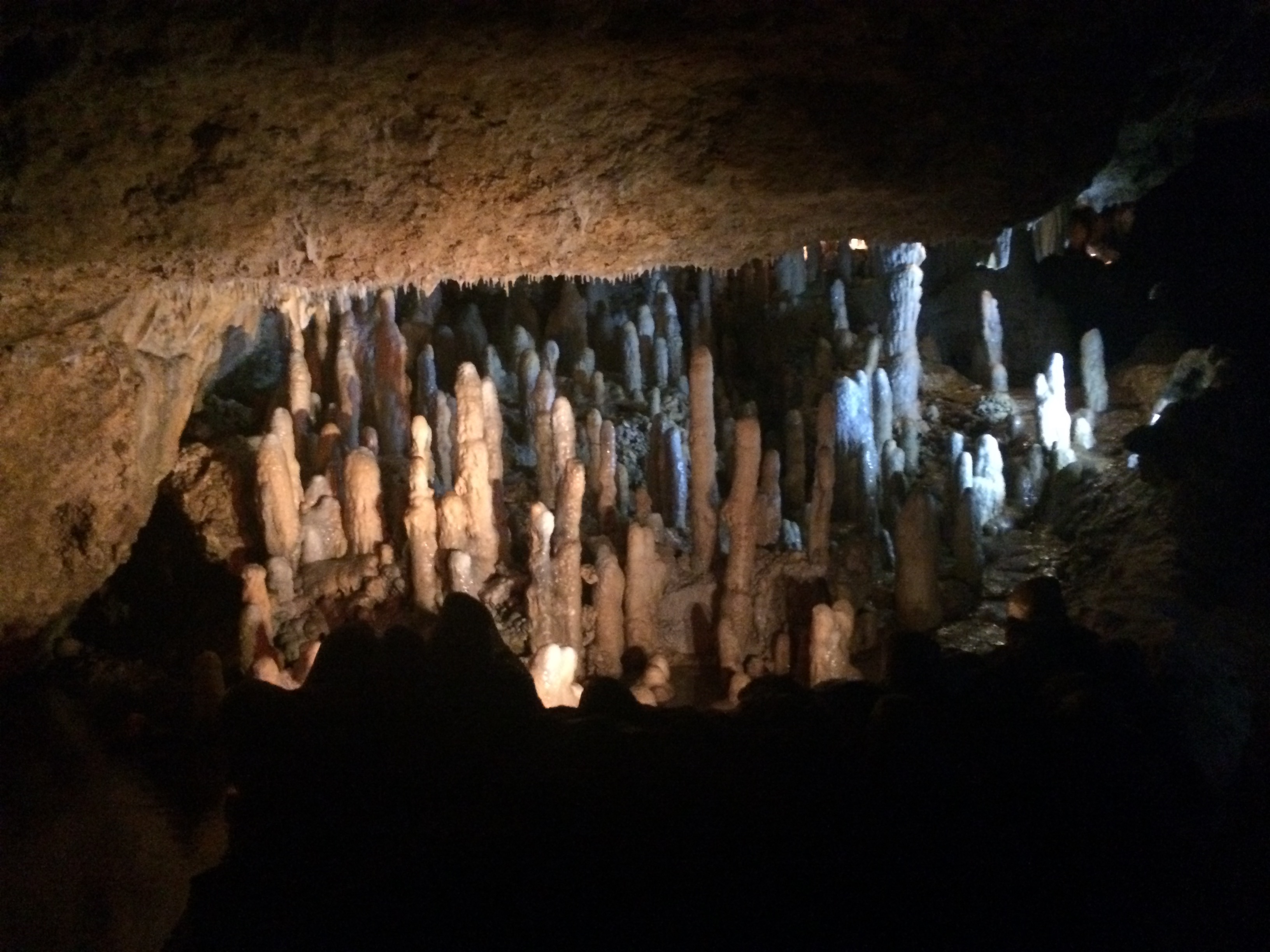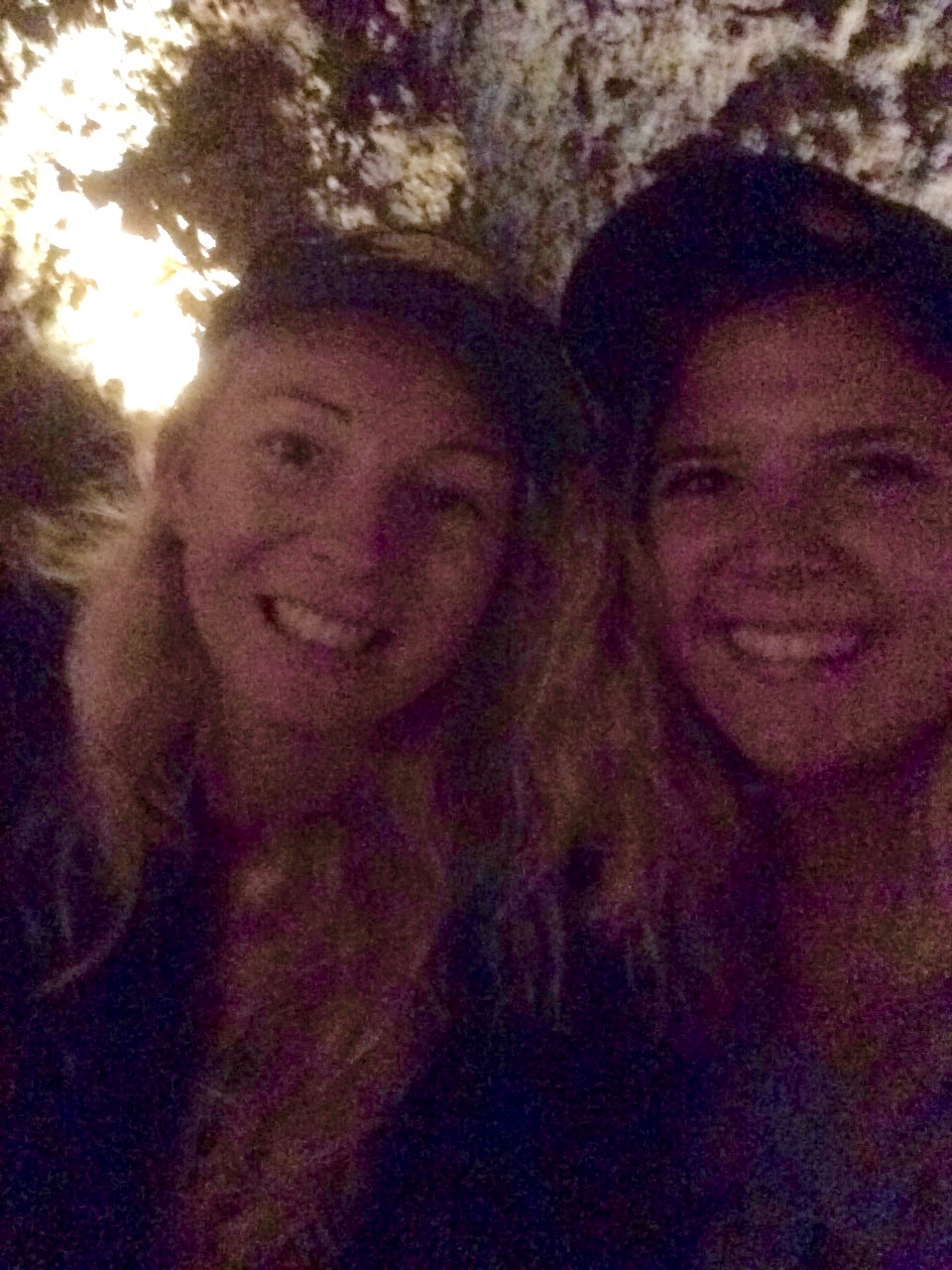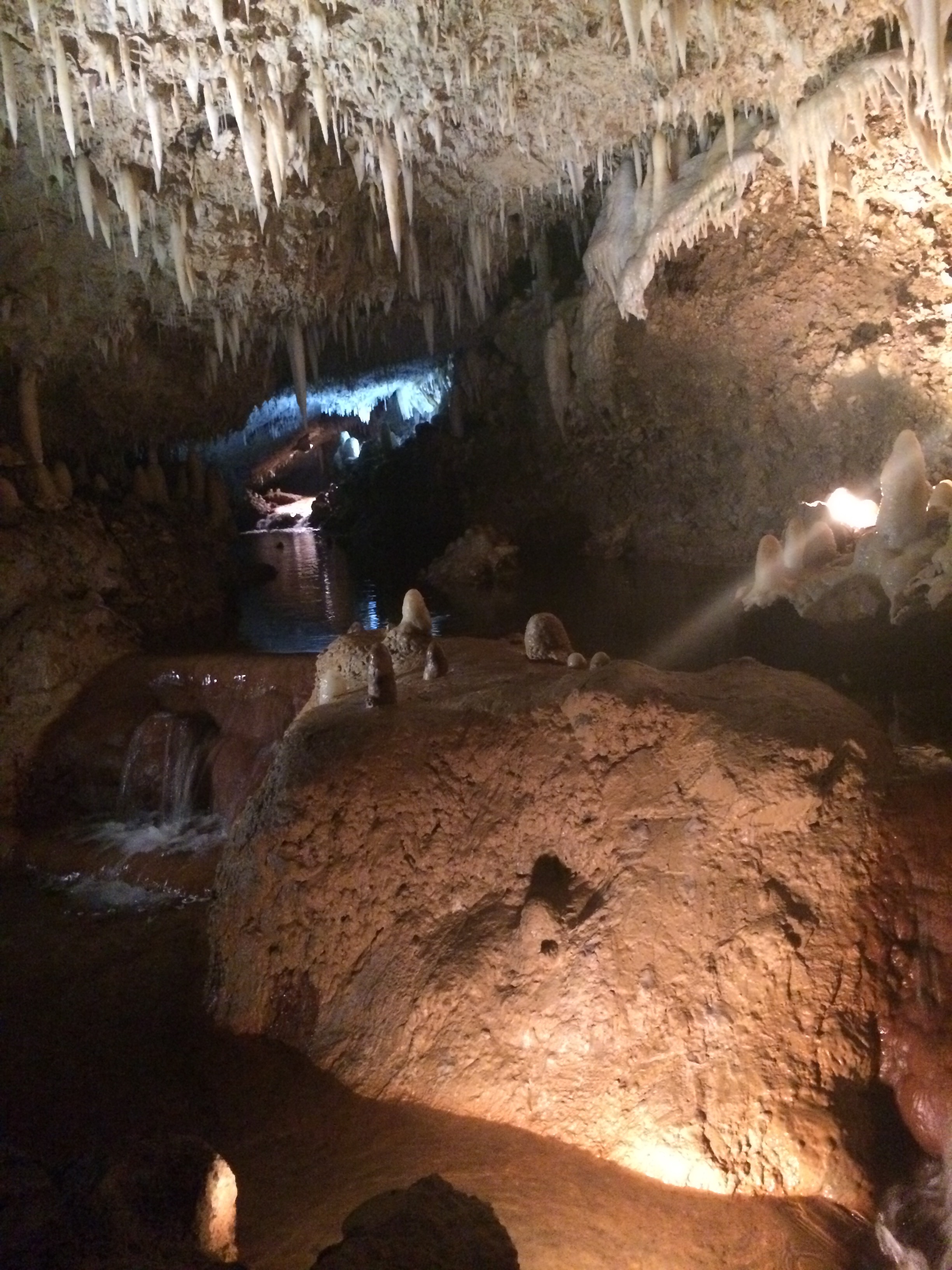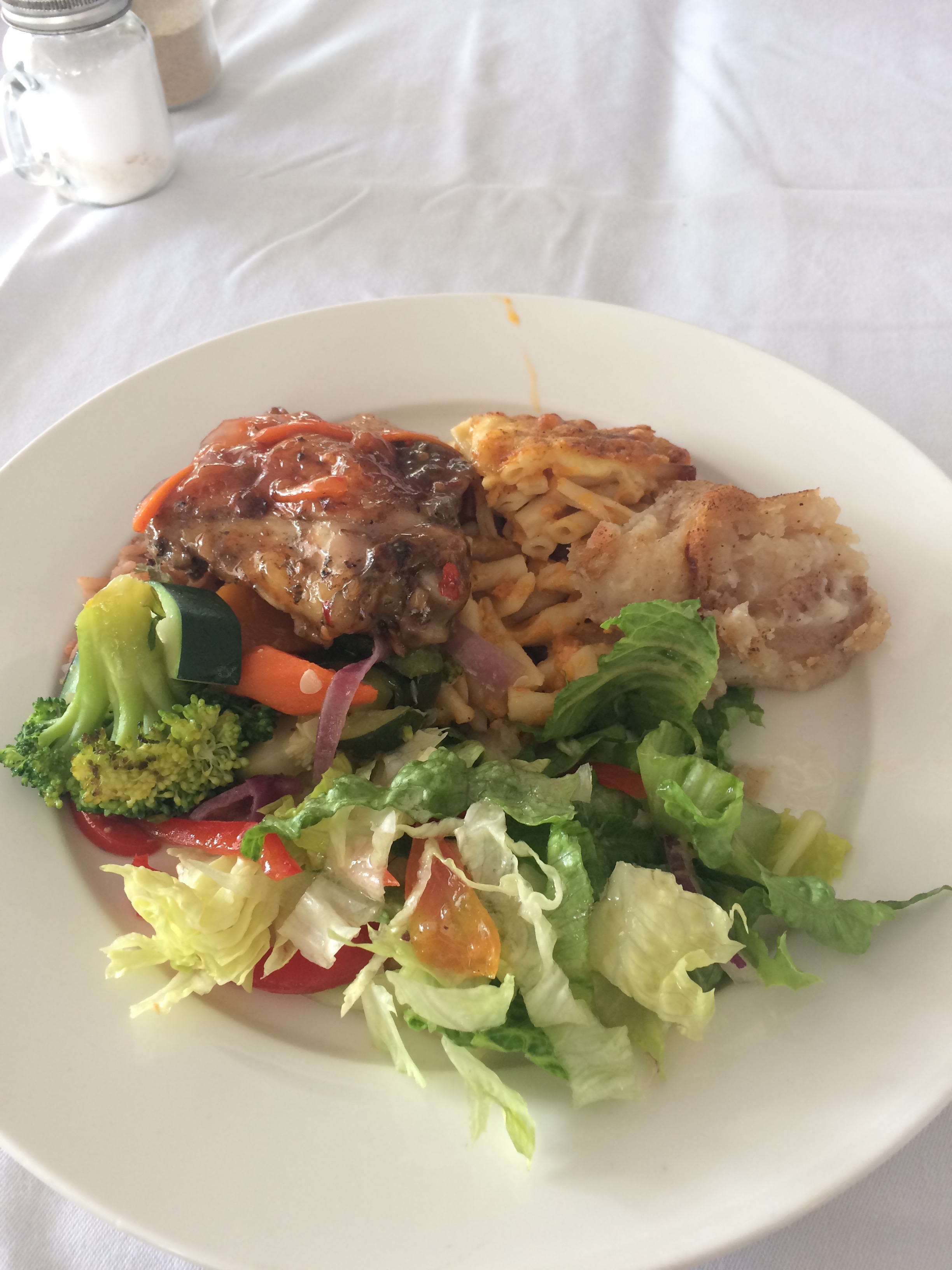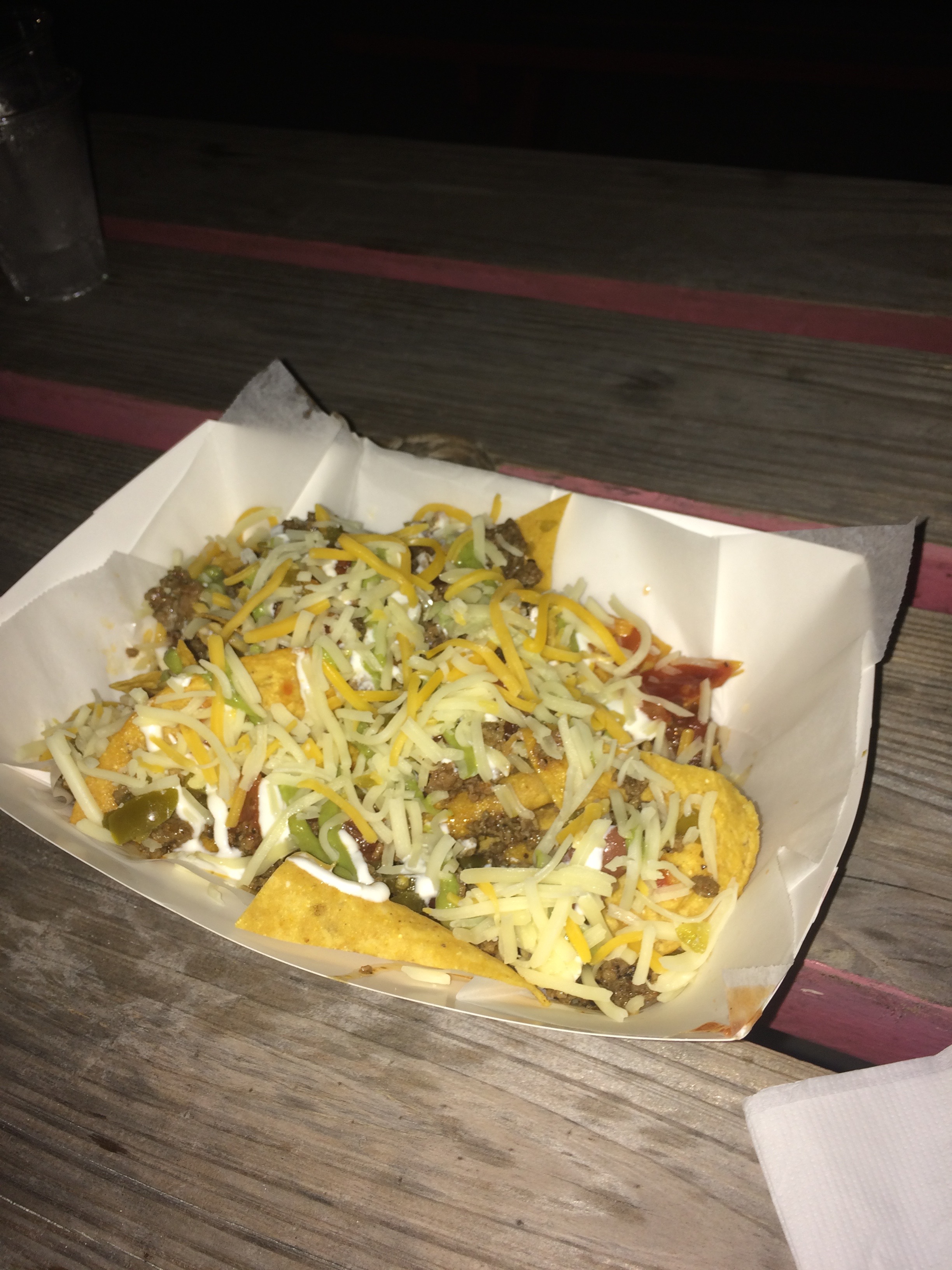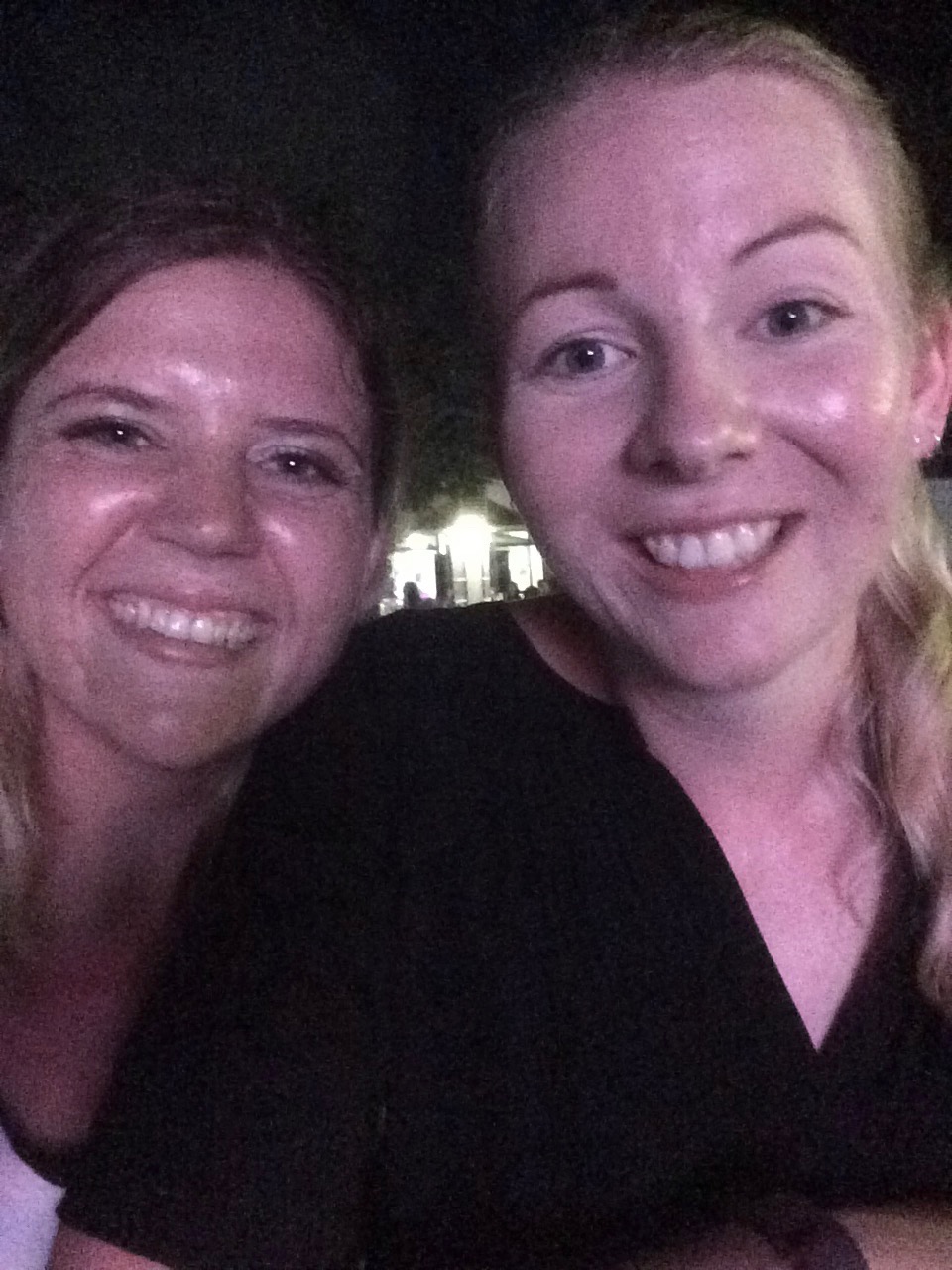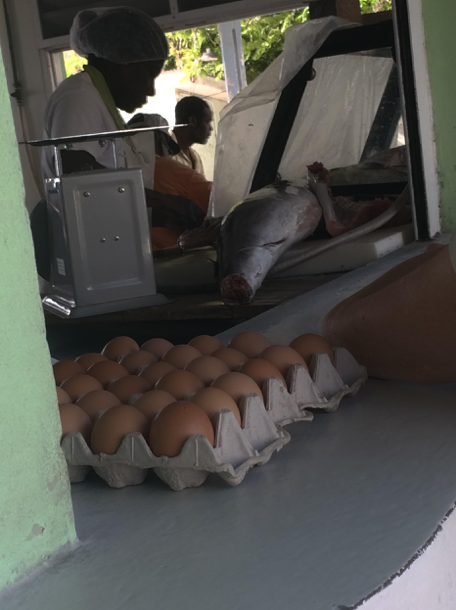Chile | Spaces for Reflection, Healing, and Education
BY JAZZ BROUGHTON
Nov 23, 2018
Throughout Santiago you can find spaces for reflection, healing, and education. These spaces provide resources for occupational training, information on human rights and legal policies, as well as opportunities to organize and build solidarity. Organizations such as INFOCAP: Instituto de Formacion y Capacitacion Popular: La Universidad del Trabajador work vigorously to tackle the alleviation of poverty in Chile. INFOCAP in particular focuses on providing classes and training in a variety of occupations to people with the highest need in the low income communities of Santiago. There is also a beautiful space with peacocks, rabbits, chickens, and other animals where people can sit, relax, work, and take a breathe outside of the concrete jungle.
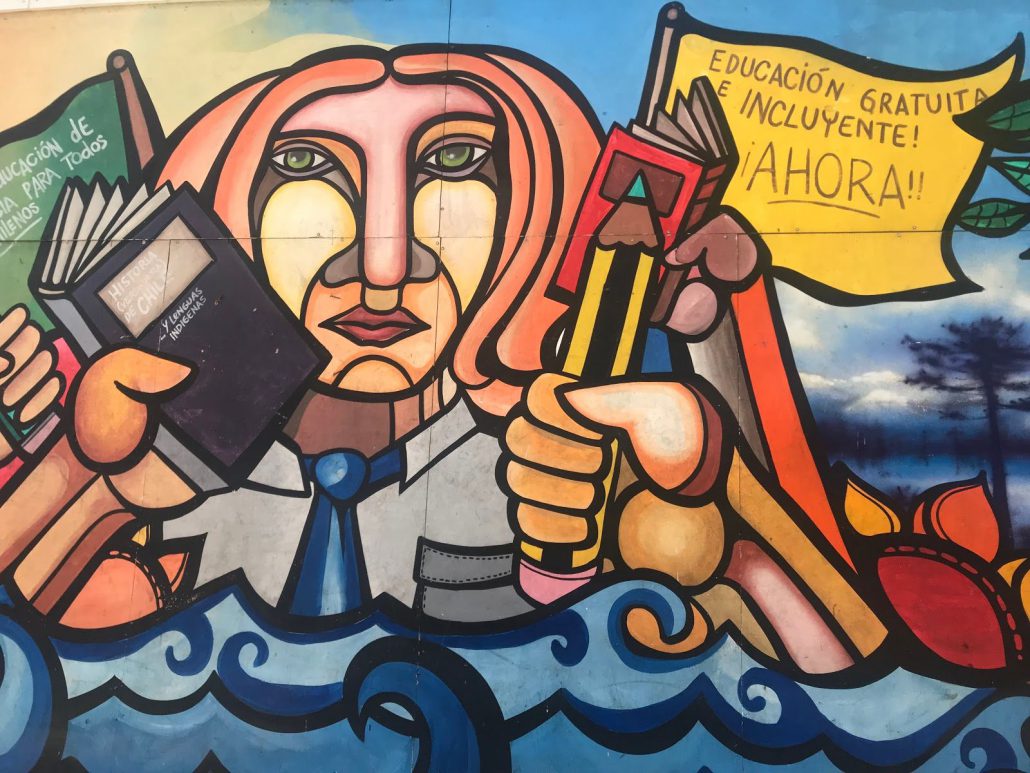
Chile is also known for its street art which can be found in Valparaiso, the South, and in the bustling capital streets of Santiago. One of many examples is the Cultural Arts Center, GAM. It is a free space that has a variety of different artifacts, art exhibits, and spaces to sit. Their book store was also quite nice.
I think it is important that there are free spaces available for people to engage with art, books, and education. Art makes space for expression, healing, and reflection. It can be a form of education that brings people together and challenges us to engage with trauma, politics, and other subjects that we may not always be as receptive to in everyday conversation.
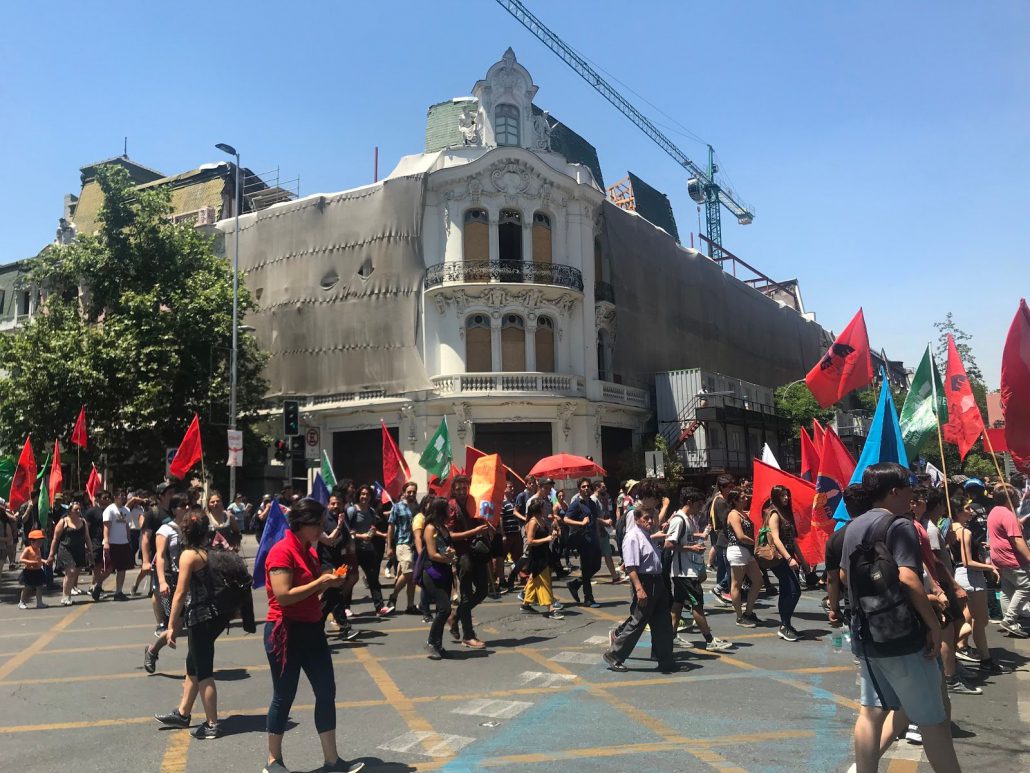
Other things that are important to acknowledge when considering human rights and social organizing in Chile and many regions of South America, is the history of dictatorship and state terrorism. People lived in fear and repression for decades with little to no opportunity to express themselves or speak out against the military or anyone in power. Today, there continues to be a complicated relationship between the people, politics, and police. People are still sprayed with water and the streets can be filled with tear gas as people unite against the injustice that is taking place on a national and international level. The land, water, and other natural resources are being stolen from the people of Chile by Transnational Corporations, primarily ran by the United States. This particularly hurts the Mapuche people living in the North and the South. There is a global trend of violence and exclusion against indigenous people and other people of color. After learning a bit of the history of Argentina and Chile I hope to continue to expand my knowledge in this subject, Spanish, international relations, and a variety of histories and socioeconomic research.
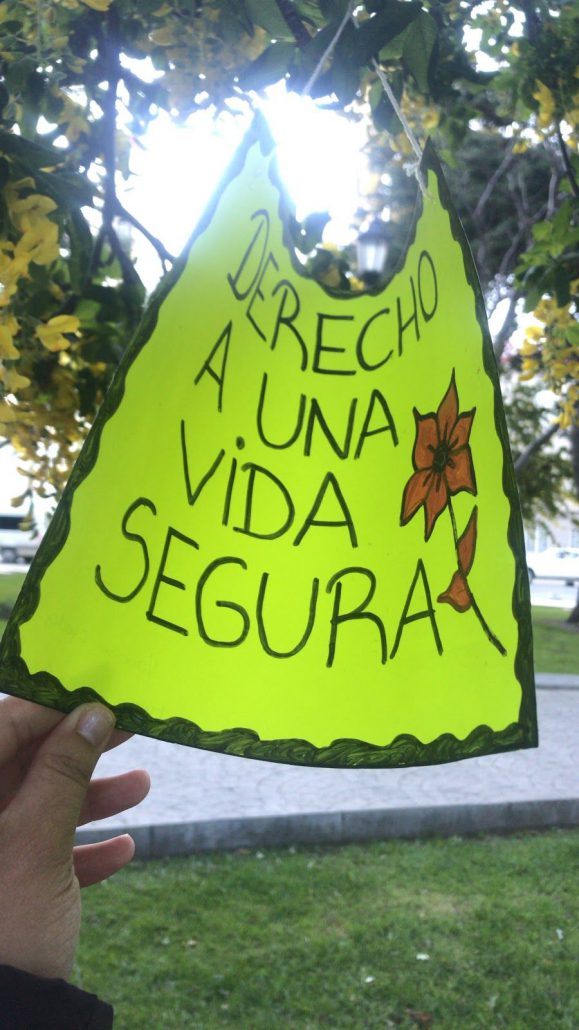
Education, whether through art, school, or experiences, provides opportunities to grow and shed light on possibilities and realities that are beyond us. It gives us a gateway to explore and question. Education leads to better understanding and through better understanding we find compassion. Art and activism give people a feeling of purpose and hope. What is happening throughout the world is difficult to comprehend and we may not always find the best solutions. Yet, the consistent desire to be better as an individual, as a people, and as a world gives us an opportunity to acknowledge the problems at hand and work towards cultivating a world filled with peace, love, equity, and freedom.
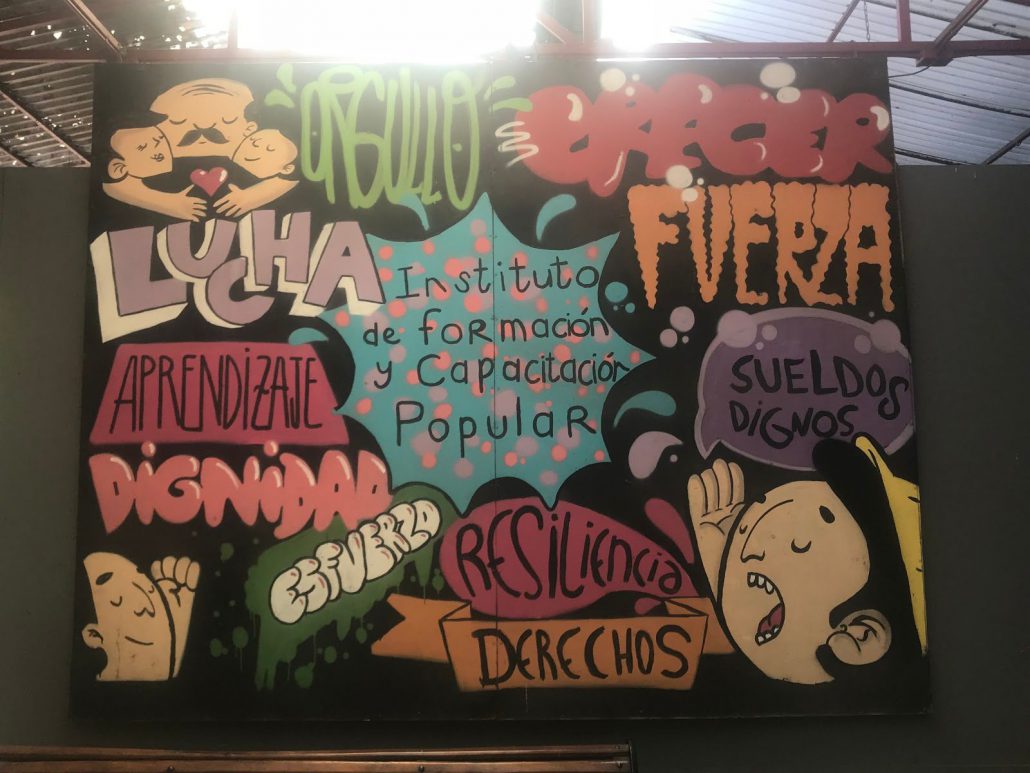
Jazz Broughton studied abroad in Argentina and Chile in Fall 2018: http://eap.ucop.edu/OurPrograms/chile/Pages/human_rights_cultural_memory_buenos_aires_santiago.aspx?_ga=2.141667250.1203383737.1560395031-875334149.1560395031


